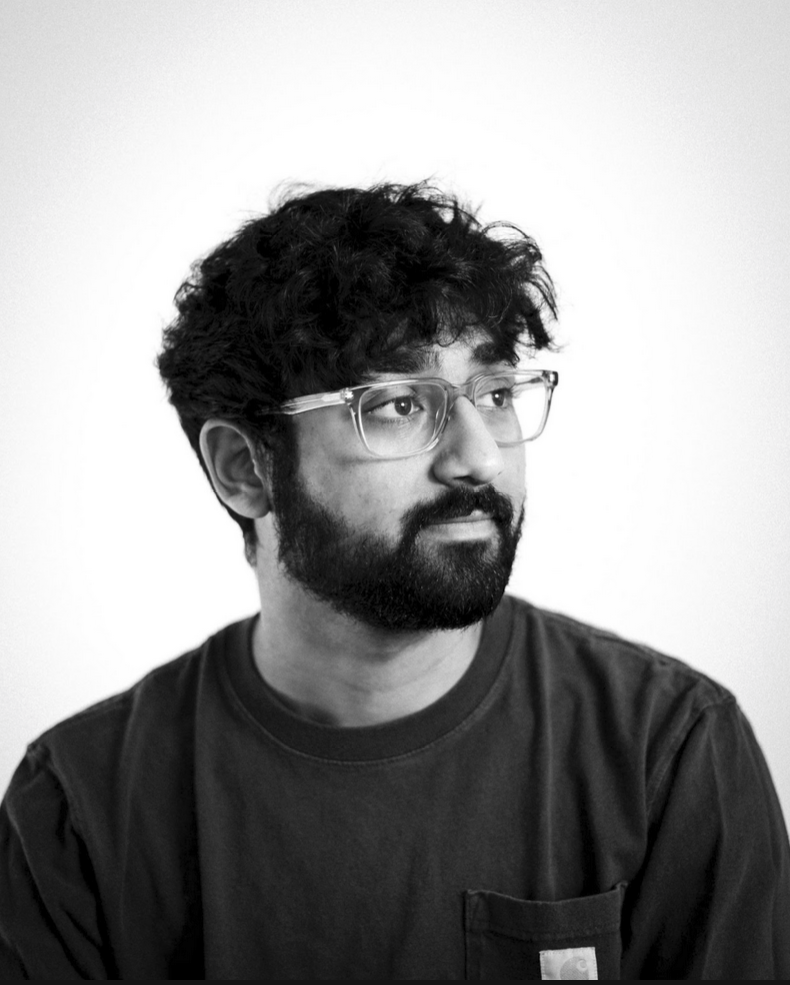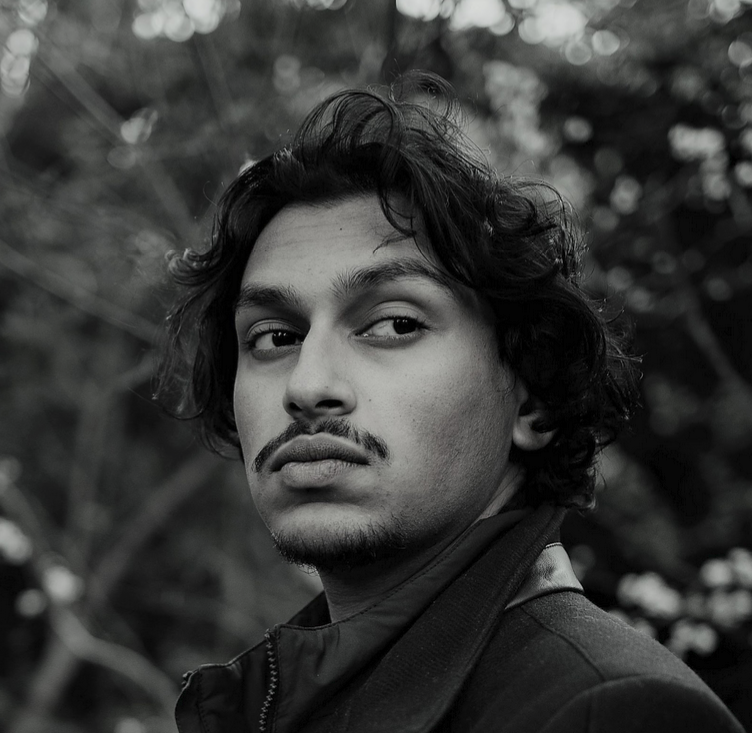Riding Toward Representation: All About The Rickshaw Film Foundation
By Priya Kiran
“If you always see yourself represented as side characters in movies, then eventually you're going to see yourself as a side character in life.” Film and TV impact our lives, more than we even realize. It influences how we dress, how we speak, and especially how we view ourselves and others around us. It’s no secret that representation for South Asians in Western media has been extremely inadequate. What started as stereotypical roles of taxi drivers and gas station owners, transformed into the South Asian community being turned into a punchline, to now the very beginnings of authentic and accurate representation. Never Have I Ever, Master of None, The Big Sick, and Mogul Mowgli have all shone light on the hyphenated South Asian narrative – but there are still so many more stories that need to be told, and even more storytellers willing to tell them in today’s day and age. With this new growing generation, though, it is apparent that there is an immense lack of resources for South Asian creatives. From grants, to mentorship, to workshops - specifically for South Asians - the opportunities are few and far between. Neil Thekdi and Hari Ganesh are two storytellers who noticed this extreme chasm in the industry, and decided they were going to do something about it. Together they established the Rickshaw Film Foundation, an organization which strives to amplify South Asian voices and stories within the film industry and popular culture.
I was lucky enough to sit down with Hari and Neil to ask them a couple questions about Rickshaw and its origin. So let’s take it back to pre-pandemic, when NYU film grad, Neil, was producing his latest short film, Paly. Neil was deep in the casting process, searching high and low for his Indian American star. Hari, a UCSB chemical engineering grad with a passion for the silver screen, happened to hear about the casting call byway of Nextdoor (and his mother) – he decided to audition. Neil ended up going in a different direction with his lead, but he and Hari stayed in touch, asking for each other’s opinions on scripts and edits. One day, on a call, Neil and Hari were both trying to find grants for South Asian filmmakers. Through their search they found grants for many other minority groups, but very few specifically for South Asians. Dismayed and disappointed they knew there needed to be a change. And so they channeled that frustration and disappointment and created Rickshaw.
Originally their plan was to create an organization which could provide grant money to up and coming South Asian filmmakers, but they soon learned that this plan was going to take some time. So they contemplated and questioned, “what can we do to provide value to the community right now, while we get the grants up and running?” Before they knew it, they were creating an application for the Rickshaw Writer’s Room, a ten-week virtual workshop, where selected writers could develop their work into ready-to-shoot scripts. Through not only one, but two writer’s rooms, Hari and Neil cultivated a community where writers of any level could feel supported while exploring their ideas without any judgment or having to give unnecessary explanations about the cultural context of their stories.
“How can we create a sense of community, how can we create support for South Asian filmmakers, and how can we amplify those artists?”
- Neil Thekdi, VP of RFF
The first cycle of The Writer’s Room recently concluded, but there’s still so much in store for the future of Rickshaw. Not only are they launching the second cycle of The Writer’s Room in early 2022, and working on establishing grants for the South Asian community, but they have also been organizing fireside chats with industry professionals for anyone to attend. On November 9th, Neil and Hari sat down with critically acclaimed writer, Deepak Sethi, who spoke about his journey in navigating the creative industry while usually being the only desi in the room. He gave the audience insights on breaking into, and staying in, a professional writer’s room, as well as tips on how to sharpen the skills of writing and storytelling.
The conversation was casually authentic. Rickshaw is planning more fireside chats like this in the coming months, and if you’re a creative in the South Asian space, you definitely don’t want to miss them. But it doesn’t stop there. The Rickshaw team wants to create resources for directors and actors as well, and is developing workshops for these crafts to debut in 2022. There’s so many exciting events happening in the world of Rickshaw, and it’s specifically for the South Asian community, all over the world, not just America.
When speaking to one of the writers in The Writer’s Room who is based in Hong Kong, he told me, “One of the striking differences between the Rickshaw Foundation and quite a few American, South Asian collectives is, it is truly a writer’s room without borders. Truth is, it is naturally impossible for there to exist a singular show or film that can comprehensively showcase an Indian experience meant for everyone, and for everyone to feel represented and that is why Rickshaw has taken charge of striving for internationalism. To each their own stories, with each story serving a purpose that can be on the spectrum of either pure entertainment to being didactic of contemporary societal issues.” Rickshaw as a foundation is doing the work to celebrate and support South Asian filmmakers from around the world.
Hari and Neil as individuals are creatives themselves, Neil with his own production company currently producing short form content, and Hari freelancing as a writer, director, and actor. They saw a need through their own work, and they knew they weren’t alone with that need. They want to create the opportunities which weren’t available to them – the opportunities for mentorship and support for South Asian storytelling. Rickshaw is a space for desi stories to flourish and be heard, and because of their experiences in the industry, Neil and Hari recognize the importance of such a space. For them, the most important aspect of storytelling is to tell a story that is true to the writer, “how can you tell the story, in a way that only YOU can tell it.”
“In order to be the artist I have to be, I have to be unapologetically me.”- Hari Ganesh, President of RFF
As our chat was coming to a close, the final question I asked the duo was, why Rickshaw? Hari and Neil both smiled, and Hari told me, “It’s a class free transportation. It's a vehicle that the rich and the poor take to get from the beginning to the end of their journey and it’s what we hope to be for our community.”
To learn more about Rickshaw and all the incredible events, check out Rickshaw’s website and Instagram linked below!
Website: https://www.rickshawfilm.org/
LinkedIn: https://www.linkedin.com/company/rickshawfilm/
Instagram: @rickshawfilm
Hari Ganesh: @homiehari
Neil Thekdi: @neilthekdi


